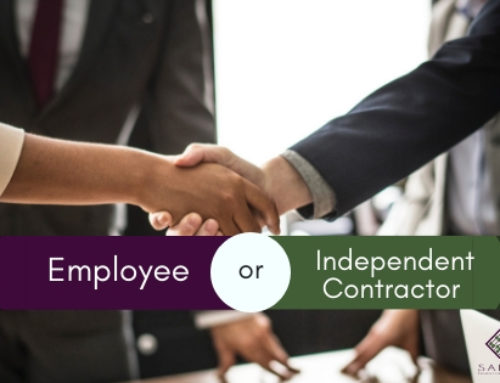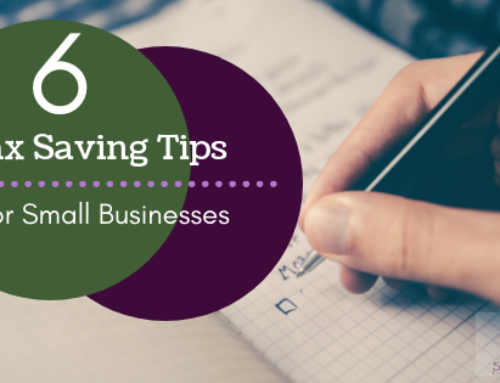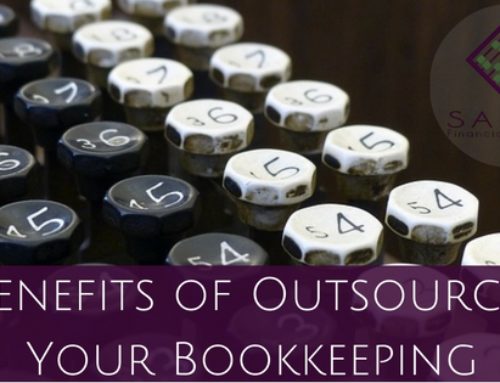Whether your business is your side hustle or your full-time hustle, you already know that in order to grow, you will have to eliminate the non-income producing, administrative tasks that suck your time and energy. But how do you do that? As a freelancer or solopreneur, that’s often easier said than done. Money is limited and it’s hard to find good help quickly and easily. But building a team is not something that happens overnight. It’s also not something you should put off until your business gets “big enough”. Start building your team one person at a time.
For example, one essential member of your team would be an accountant.. An accountant can help you save time and energy and reduce stress by keeping track of all the revenue and expenses, and by helping you develop a tax strategy as part of your overall revenue plan. When you don’t have to classify every transaction, update statements, create reports, do journal entries, or other administrative tasks, you have more time to create, market, and make high-level decisions.
When Do I Need An Accountant?
The best time to consult with an accountant is in the beginning days of your business, while everything is at a lower volume. He or she will be able to help you set up systems and processes in place to keep things running smoothly as your business grows . It’s less expensive and makes more sense to have things in order from the beginning.
Of course, your other alternative is to wait until business is booming, it’s tax time, and you have invoices and expenses scattered everywhere. Once you begin to realize your jot-it-down-in-a-notebook accounting system is no longer adequate, an accountant will have to charge you for a clean-up project, which could end up being more costly in the long run.
To help you with the interview process, we’ve compiled a list of questions that you can start with when you begin meeting with accountants. These questions touch on things like security, business development, and credentials. Use them as a starting point for any interviews you conduct. Even if you may not feel ready to start paying for accounting services for maybe the next six months, the time to research is now.
But please remember, hiring an accountant does not mean you don’t need to be familiar with basic accounting principles or that you should take a “hands-off” approach to your business finances. You should regularly review basic financial statements like profit and loss statements and profitability reports. You should be in communication with your accountant about anything that’s not clear to you, and make sure that you understand the numbers. You, as the business owner, have ultimate responsibility for the bills, tax liability, and financial decision making of the business.
What Questions Should I Ask?
So what types of questions should you ask when you sit down with an accountant you’re thinking of hiring? Here are 3 questions to get you started. For even more, download the free accountant interview question list.
[convertkit form=4866448]
What systems and processes are in place to keep my financial data secure?
Your accountant will have access to your banking information, employees birthdays and social security numbers and more. They should be able to tell you exactly what measures are in place to keep your information secure. Most accountants’ offices have off-site backup of records, encryption software, whether cloud-based or physically at their office.
What documents and reports should I expect from you each month and how quickly?
Provided you turn in what the accountant needs on a timely basis, they should be able to produce financial documents with a timely turnaround time. At the very least, Profit and Loss and Balance sheets should be available for you every month if you hire them on a monthly basis. You should find out exactly what their turnaround time. Keep this in mind when making “what’s my status” inquiries
What exact services do you provide for the price quoted?
Can you handle tax issues with the IRS if they happen? Who will be held liable if there are payroll tax issues, you or me? It’s always good to find out what exactly they provide because some accountants specialize in specific services or industries. You will need to know if you need additional personnel, like a tax preparer or a different accountant who can fill in and provide additional services to meet your needs. To cut down on confusion, the price that is quoted should tell you exactly what is covered and some of what’s not included. You can decide if you need any of those services, now or in the future.
What Type of Accountant Do I Need?
You may have unique needs that not any general accountant can handle. For example, if your company is publicly traded, you would need a CPA for your audit needs. If you are heavily invested in real estate, it would best for you to find an accountant who handles real estate companies exclusively. If you have an Etsy shop, Amazon sales, or make your living through online retail, it would be best to find out if that accountant has experience in the online industry.
After hiring the accountant, regular communication and systems are important to a smooth relationship. It’s important to remember that this is not a set-it-and-forget-it type of service. But being organized and aware of your business cash flow and financial situation is key to its growth.









